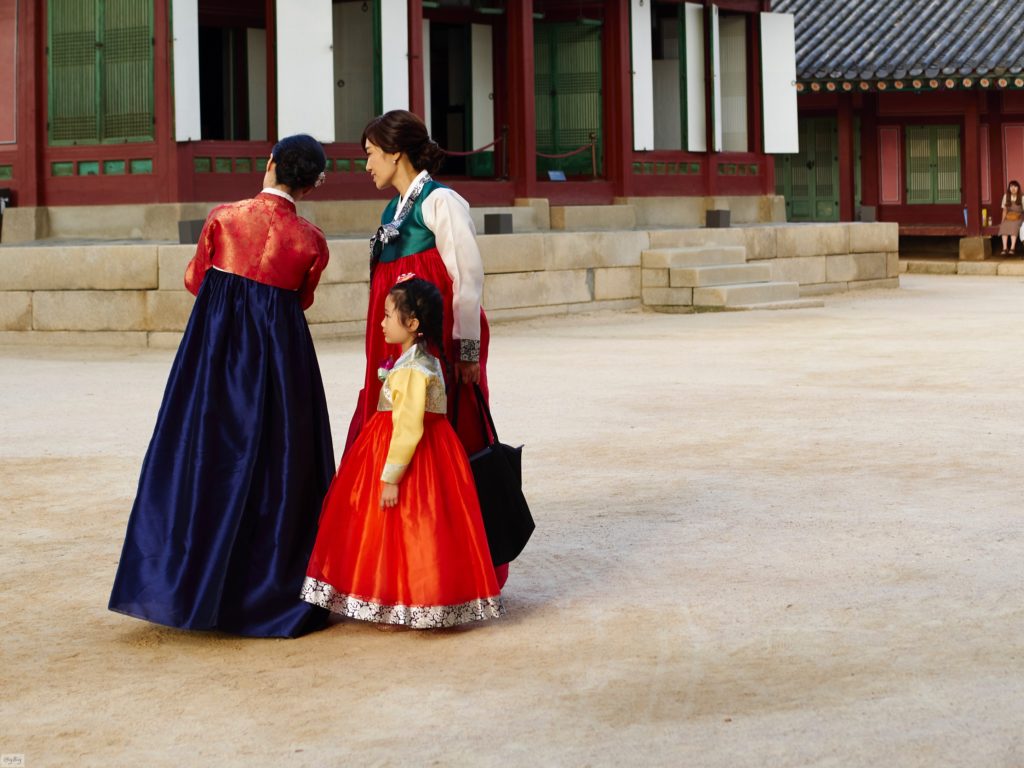The Peninsula
Bipartisan Employment of Anti-Women Online Discourse
Published March 19, 2022
Author: Mai Anna Pressley, Korea View
Category: South Korea, Current Events

In the weeks leading up to the 2022 South Korean presidential election, many young men in their 20s and 30s self-identified as “No. 2 Man” to indicate their support for the no. 2 candidate on the ballot, conservative Yoon Seok Yeol. After Yoon’s election victory, the term has been appropriated by detractors to derogatorily identify conservative voters, focusing especially on female celebrities who they call “No. 2 Girls/Daughters.”
Popular callout posts in various online communities list the names of female idols that critics believe voted for the conservative candidate. However, as most celebrities are careful to avoid controversy and outright political endorsement, these attacks are based solely on speculation.
This online trend reveals instead how anti-feminist political discourse is employed by supporters on both sides of the political aisle. While the Yoon campaign and its supporters faced the most criticism during the election for their anti-feminist rhetoric, the violent and misogynistic comments by supposedly liberal online commentators suggest both sides of the political divide share the tendency to attack women. Observers have compared the commentary around the voting preference of female celebrities to anti-feminist websites that speculate which idols might be feminist.
The online controversy reflects two social phenomena in Korea that have been exacerbated by the election. Gender conflict was a major theme in the election discourse and may continue playing a major role in Korean politics moving forward. The trend also reflects online ideological polarization in which factions engage in sorting and verification of group loyalty – which is beginning to bleed into society at large.
This briefing comes from Korea View, a weekly newsletter published by the Korea Economic Institute. Korea View aims to cover developments that reveal trends on the Korean Peninsula but receive little attention in the United States. If you would like to sign up, please find the online form here.
Korea View was edited by Yong Kwon with the help of Kayla Harris, David Lee, Sarah Marshall, and Mai Anna Pressley. Picture from the flickr account of GiulioBig
